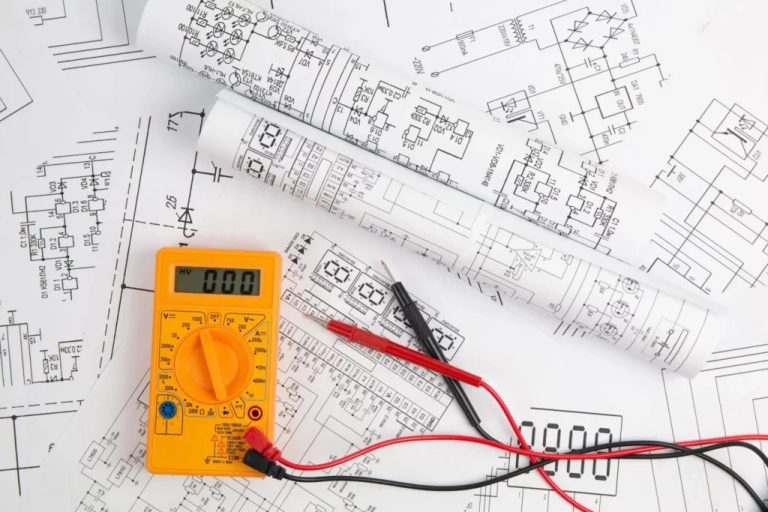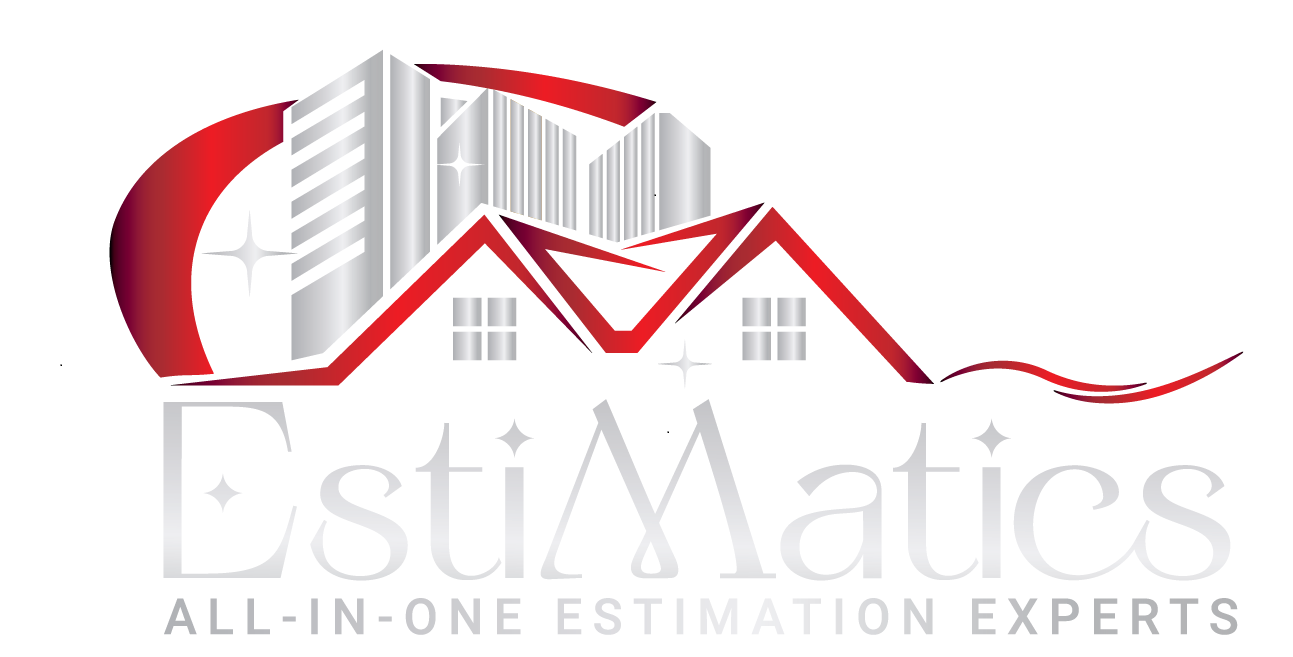What Every MEP Estimator Needs to Know in 2025

In the ever-evolving construction industry, staying ahead of the curve is essential, particularly for general contractors (GCs) and mechanical, electrical, and plumbing (MEP) estimators. With 2025 just around the corner, embracing new technologies and methodologies is no longer optional; it’s a necessity. The construction landscape is being reshaped by innovations that not only streamline the estimation and building process but also increase the likelihood of winning more bids.
Here are four key trends that will have a significant impact on projects in 2025:
Prefabrication & Modular Systems
Time is money in construction, and prefabrication (prefab) and modular systems offer a solution to this perennial challenge. Imagine being able to reduce your project timelines by several weeks while also cutting labor costs. This is the promise of prefabrication: having MEP components built off-site in a controlled environment and delivered to the site, ready for installation.
Prefab systems are not only faster but also safer and more reliable. By manufacturing components off-site, contractors reduce the risks associated with on-site labor, such as weather delays or safety hazards. Additionally, the controlled environment of a factory ensures that the quality of the components is consistently higher than that of traditional on-site construction.
Modular systems provide similar benefits. Entire sections of a building, including MEP systems, can be built in modules and then assembled on-site. This approach allows for greater flexibility and efficiency, especially when working on large-scale projects. Modular construction is particularly beneficial in urban areas where space is limited and projects need to be completed quickly. In 2025, expect prefab and modular systems to become a standard practice rather than a niche solution.
AI & IoT Integration
Artificial intelligence (AI) and the Internet of Things (IoT) are transforming nearly every industry, and construction is no exception. The integration of AI tools and IoT devices in MEP estimation and project management is revolutionizing the way we approach real-time monitoring and predictive maintenance.
AI can analyze vast amounts of data from IoT sensors embedded in construction equipment and building systems, identifying potential issues before they become costly problems. For example, an IoT-enabled HVAC system could alert the project team when a component is about to fail, allowing for proactive maintenance rather than reactive repairs.
This predictive capability not only saves time but also reduces downtime and unnecessary costs. The combination of AI and IoT empowers GCs and MEP contractors to work smarter, not harder. As we move forward, the construction industry will increasingly rely on these tools to optimize efficiency and decision-making processes.
Energy Efficiency & Sustainability
Sustainability is no longer just a buzzword; it’s a core requirement for modern construction projects. In 2025, we can expect to see an even stronger emphasis on energy efficiency and green building solutions as clients, governments, and environmental organizations push for a more sustainable future.
The demand for energy-efficient systems is on the rise, and MEP contractors are at the forefront of implementing these solutions. From solar-integrated HVAC systems to energy-efficient lighting and advanced building automation, clients are seeking ways to reduce their carbon footprint while cutting operational costs.
The construction industry is seeing a shift toward renewable energy sources, such as solar and wind power, integrated directly into building systems. Additionally, smart buildings that use advanced technology to optimize energy usage are becoming more common. In many cases, energy-efficient systems are not just an option—they are a requirement, as regulations and building codes evolve to meet environmental standards.
For contractors and estimators, this means staying up-to-date on the latest energy-efficient technologies and incorporating them into project plans. By offering sustainable solutions, you not only meet client demands but also position yourself as a leader in the green building movement.
Leveraging BIM Technology
Building Information Modeling (BIM) is often associated with architects and designers, but in 2025, MEP contractors and estimators will be leveraging this technology to its fullest potential. BIM allows for the creation of detailed 3D models that offer a comprehensive view of the project before construction begins.
For GCs and MEP estimators, BIM provides the ability to identify and resolve potential issues early in the planning phase, significantly reducing rework and enhancing accuracy. By visualizing the entire project and collaborating with the design and engineering teams, contractors can avoid costly mistakes that may occur during installation.
Furthermore, BIM facilitates collaboration between all stakeholders—architects, engineers, contractors, and clients—ensuring everyone is on the same page. The ability to visualize the project from multiple angles and access real-time data about the building’s components improves decision-making and project outcomes.
As more companies adopt BIM, it is becoming a game-changer for the construction industry, particularly for MEP contractors who need to manage complex systems and coordinate with various trades.
Why accuracy matters in Estimation
- Accurate estimates lead to successful bids.
- Effective budget management hinges on precise cost forecasting.
- Client satisfaction is tied to reliable estimates.
- Hidden costs and scope changes can be managed with detailed estimates.
- Partnering with expert estimation services offers a competitive advantage.
- Streamlining estimation processes leads to better financial outcomes.
- Professional estimates increase trust and repeat business.
- Investing in estimation expertise boosts profitability and success.
Why Partner with Estimatics for Estimation Services?
Partnering with experts for your estimation needs offers significant advantages. Professional estimation services bring advanced tools, industry knowledge, and data-driven insights to the table, enhancing the accuracy and reliability of your estimates. By leveraging these resources, you can streamline the estimation process, improve cost forecasting, and gain a competitive edge in the contracting industry. Investing in expert estimation services allows you to focus on core business activities while ensuring that your estimates are precise, comprehensive, and tailored to meet the specific needs of your projects.
Get in Touch Today
In conclusion, accurate estimation is a cornerstone of contractor success. It impacts bid competitiveness, budget management, client satisfaction, and project execution. By partnering with professional estimation services, you can enhance your accuracy, navigate common challenges, and position your business for growth. Ready to elevate your contracting success? Contact us today to learn how our expert estimation services can transform your project planning and drive your business forward. Don’t leave your success to chance—embrace the power of precise estimation and unlock your full potential in the contracting industry.
